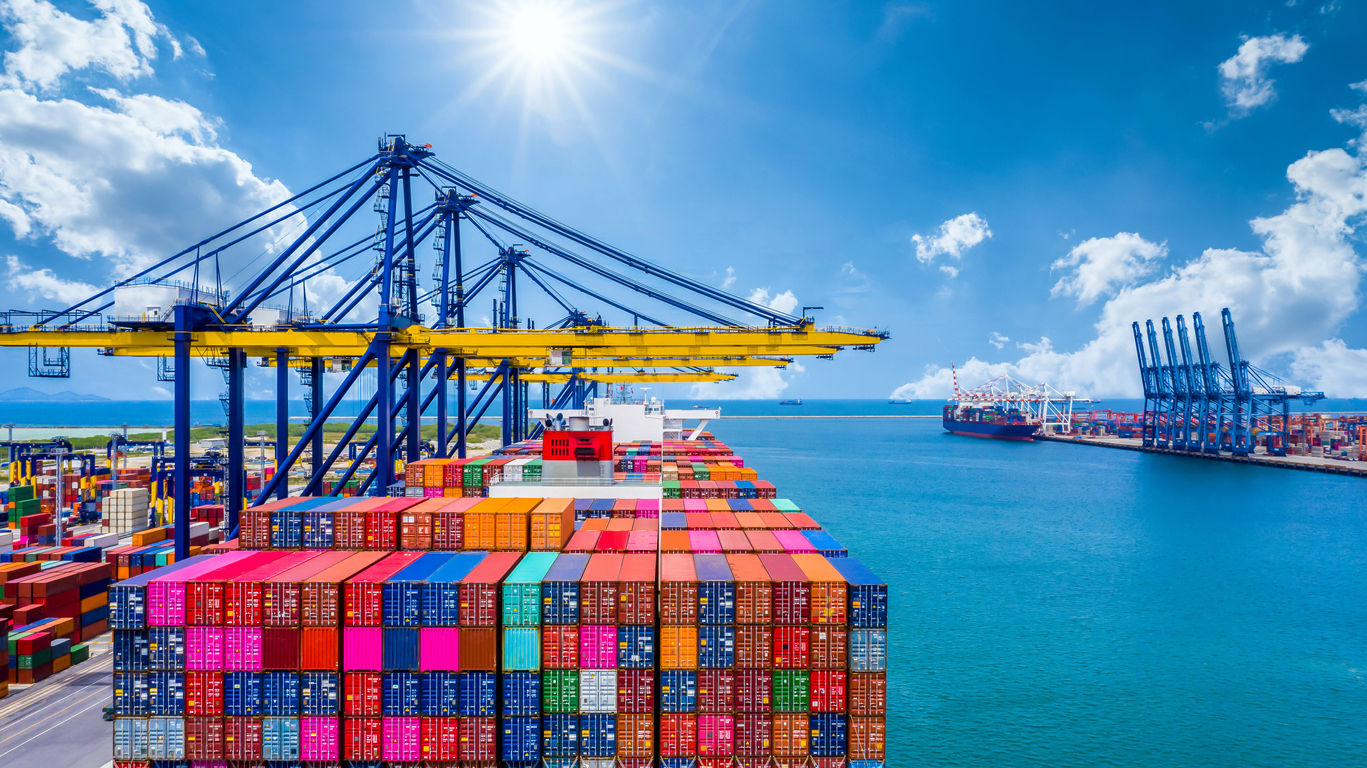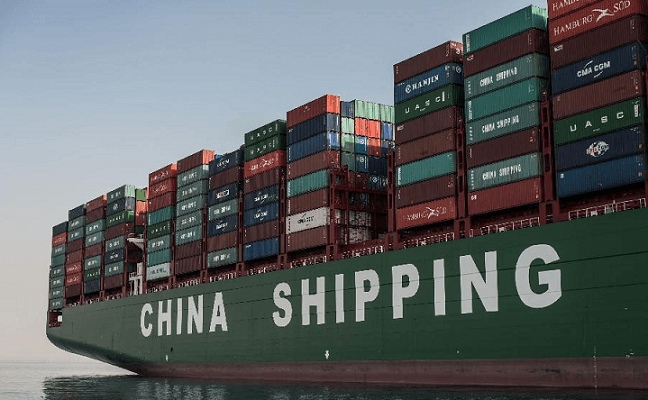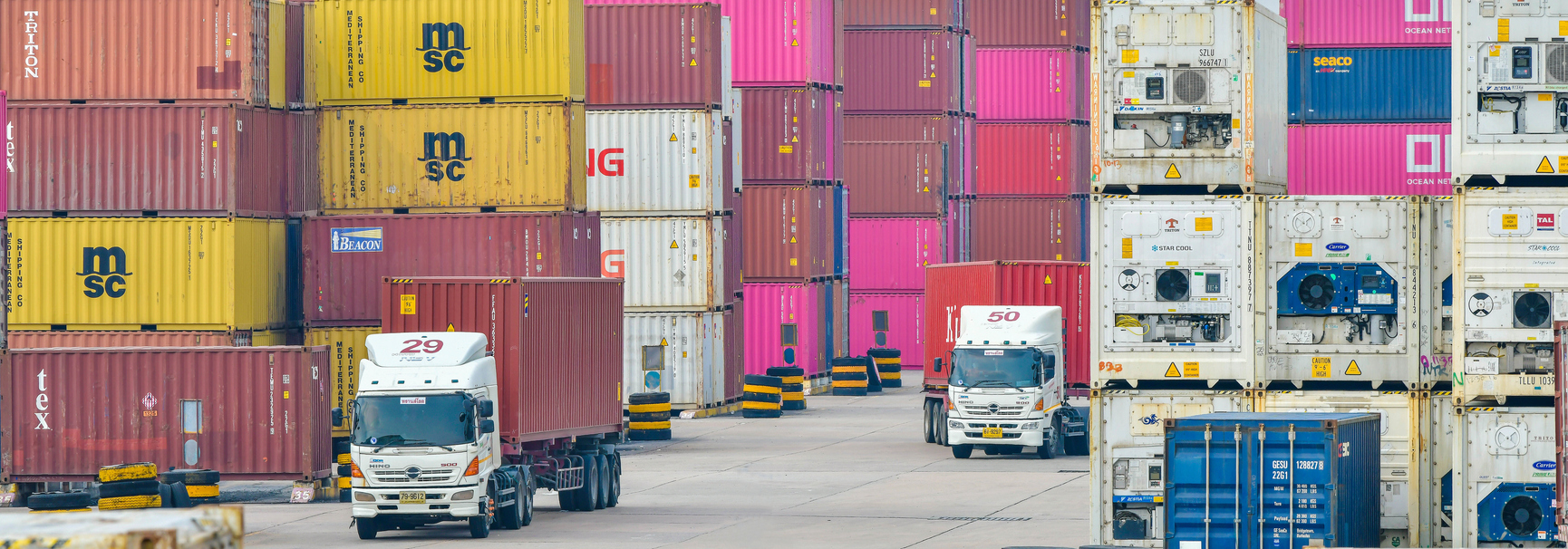Exploring the Largest Seaport in Nigeria: Gateway to African Trade
Nigeria’s strategic location along the West African coast has made it a hub for international trade and commerce. At the center of this bustling trade network lies the largest seaport in Nigeria, a critical infrastructure that facilitates the movement of goods across the country and beyond. For businesses in import/export, FMCG, and logistics, understanding its capabilities and services can offer a competitive advantage.
Overview of the Largest Seaport in Nigeria
The largest seaport in Nigeria is Apapa Port, situated in Lagos State. It serves as the primary gateway for the majority of Nigeria’s imports and exports, handling over 70% of the country’s seaborne cargo. Apapa Port includes multiple terminals, container yards, and specialized facilities that enable the smooth handling of diverse cargo, from bulk commodities to containerized goods.
Businesses involved in wholesale distribution or FMCG often rely on Apapa Port for timely delivery and efficient logistics management. Understanding port operations and planning for cargo schedules can significantly reduce transit delays and enhance supply chain efficiency.
Key Services at Apapa Port
Apapa Port offers a range of services tailored to support international trade:
-
Container Handling: Equipped with modern cranes and storage facilities to manage containerized cargo efficiently.
-
Bulk Cargo Facilities: Handles commodities such as grains, cement, and petroleum products.
-
Customs Clearance Support: Streamlined procedures to ensure compliance with Nigerian trade regulations.
-
Logistics Solutions: Partnerships with trucking and warehousing providers for seamless cargo movement inland.
Companies seeking reliable sourcing channels can benefit from using these services, ensuring that goods move from the port to their final destination without unnecessary delays. Wigmore Trading can help businesses navigate these processes efficiently.
Challenges in Port Operations and How to Overcome Them
While Apapa Port plays a vital role in Nigeria’s trade, businesses may encounter challenges such as congestion, delays in customs clearance, and documentation bottlenecks. These challenges can impact supply chain timelines and operational costs.
Practical solutions include:
-
Advanced Planning: Scheduling shipments during off-peak periods to avoid congestion.
-
Professional Logistics Support: Engaging experienced partners like Wigmore Trading to handle customs documentation and cargo tracking.
-
Diversified Routes: Exploring alternative ports such as Tin Can Island Port for certain cargo types.
Implementing these strategies can help businesses reduce delays, optimize costs, and ensure smoother supply chain operations.
Importance of the Largest Seaport in Nigeria for African Trade
As the largest seaport in Nigeria, Apapa Port is not just a national asset—it’s a gateway for West African trade. Countries in the region often rely on Nigeria’s port facilities for imports and exports. Efficient port operations are crucial for economic growth, and businesses that leverage these services effectively can gain a competitive edge in regional markets.
How Wigmore Trading Supports Businesses at the Largest Seaport in Nigeria
Navigating port operations can be complex, but Wigmore Trading can help businesses streamline the process. From customs documentation to cargo handling and inland logistics, our team provides expert guidance to ensure goods move efficiently from port to final destination. By leveraging our network and expertise, businesses in FMCG, wholesale, and import/export sectors can minimize delays, reduce costs, and enhance operational efficiency.
Get in touch with our team to learn more about how we can support your logistics needs at Nigeria’s largest seaport.








Comments are closed.